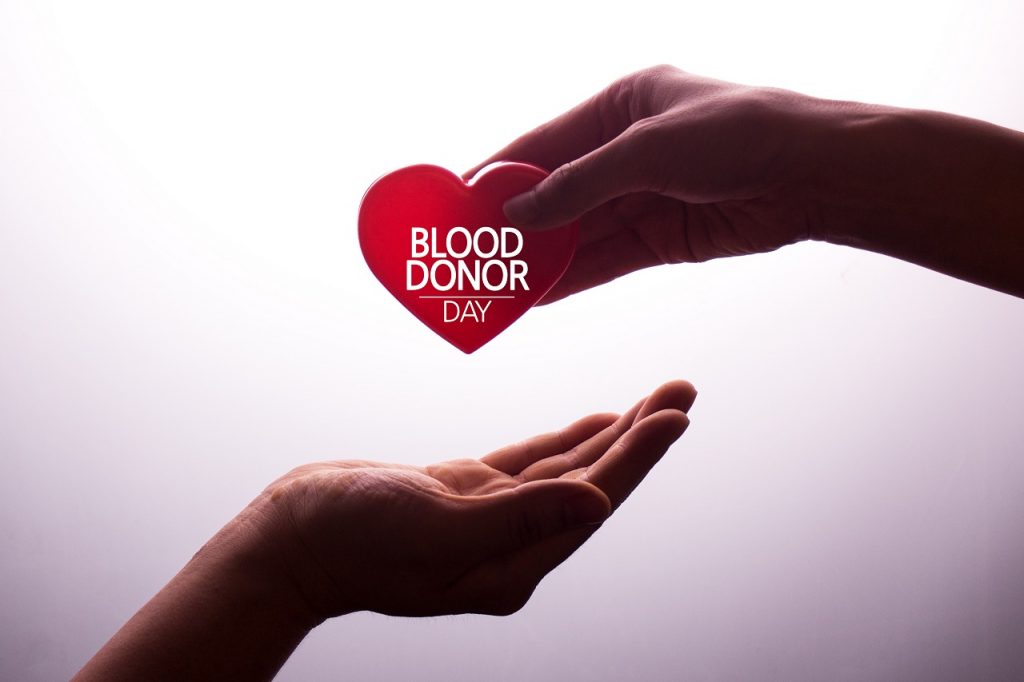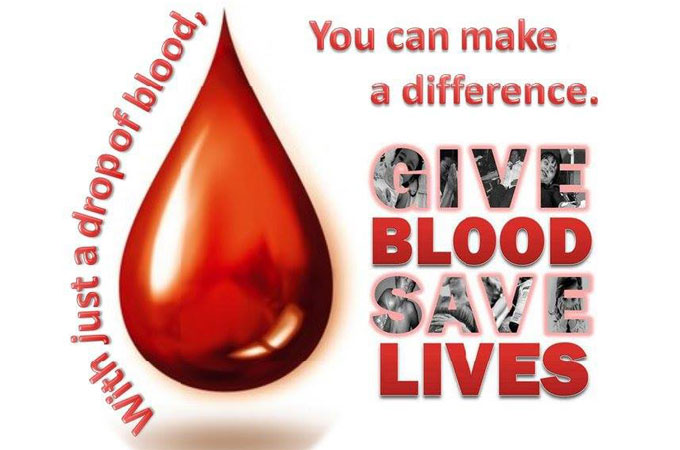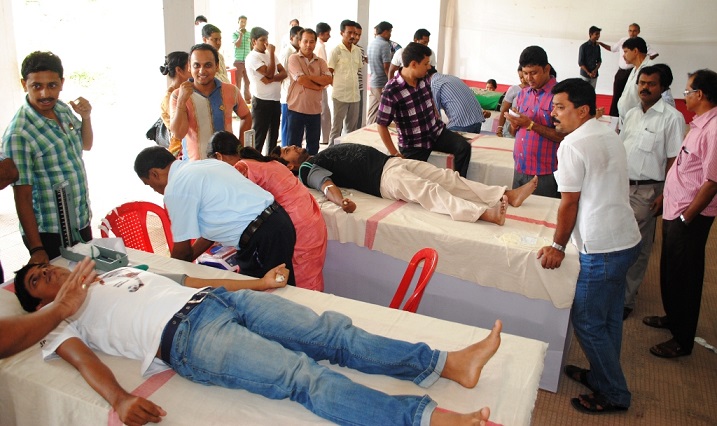 Priyanka struggled to get blood for her father who was undergoing a surgery. The blood bank did not have her father’s blood type. As things got tougher, she tried to get in touch with other blood banks but none of them had it. In fact, she was ready to pay, but the blood banks did not have the blood type! Time was running out. She also started getting in touch with her friends but to no avail. Her friends all refused to donate blood due to their preconceived notions and myths.
Priyanka struggled to get blood for her father who was undergoing a surgery. The blood bank did not have her father’s blood type. As things got tougher, she tried to get in touch with other blood banks but none of them had it. In fact, she was ready to pay, but the blood banks did not have the blood type! Time was running out. She also started getting in touch with her friends but to no avail. Her friends all refused to donate blood due to their preconceived notions and myths.
Due to the shortage of blood, within a few hours, Priyanka lost her father. While she was inconsolable, what shattered her completely was the fact that in India, a country with such a large population, she could not garner enough blood for him, even though every human possesses it.
Timely, affordable access to screened blood is essential to the provision of safe surgical care. This depends on three key aspects:
- Adequate volume of blood supply
- Safe protocols for blood donation and transfusion
- Appropriate regulation to ensure safe, equitable and sustainable distribution.
Different medical procedures require different components of blood. However, due to the lack of facilities, much of it goes to waste. Many low-income and middle-income countries experience a deficit in these categories, particularly in rural areas. This is coupled with lack of donor awareness and information.
The WHO recommends that the blood requirement of 1% of a country’s population be used as a ballpark estimate of its blood needs. By this measure, India was short of 1.9 million units of blood according to the data presented on March 2018.
One requires blood transfusions in various emergencies like women with complications during childbirth, anemia, accidents, complex medical surgeries, patient with thalassemia, sickle cell disease or it is also used to make clotting factors for people with hemophilia. Among other issues coupled with low donor rate, the blood banks in India face a crisis of blood almost every year.
Physical Benefits of Blood Donation
1. Lower Risk of Heart Disease: Blood donation may lower the risk of heart disease and heart attack since it reduces the blood’s viscosity. It also significantly lowers the total cholesterol and low-density lipoprotein cholesterol, protecting against cardiovascular disease. Researchers note this is consistent with findings in other studies which found that blood donors had a lower risk of heart disease and heart attack.
According to a study, donating blood regularly may also lower iron stores which may reduce the risk of heart attack. The risk of heart attacks increase when the body stores a lot of iron.
2. Donating blood is an opportunity to get a basic health checkup done for free since the technician checks your:
- Pulse
- Blood pressure
- Body temperature
- Hemoglobin levels
This is an insight into your health! The blood is also checked for:
- Hepatitis C
- HIV
- West Nile virus
- Syphilis
- Trypanosoma cruzi
Psychological Benefits
Donating blood has a feel good factor. It tends to improve one’s emotional well being. Hence, it might have an impact on stress reduction and providing a sense of belonging
Side Effects of Donating Blood
Post donating blood, one might feel
- Nauseous, lightheaded or dizzy after donating blood. This usually settles in a few minutes
- There might be slight bleeding at the site of the pick, or you might develop a bruise. I believe it is all good since it is for a wonderful cause!
However, get in touch with a doctor or your blood center if you:
- Still feel lightheaded, dizzy, or nauseous after drinking, eating, and resting
- Develop a raised bump or continue bleeding at the needle site
- Experience arm pain, numbness, or tingling
Where to Donate Blood
I personally suggest citizens to donate blood at a blood bank or nearby government run tertiary health centers. Otherwise, get in touch with Red Cross centers near your house and donate! Avoid donating at generic blood camps since one is not sure of the storage procedures. But ensure that you do donate!
People’s lives are usually at stake just because of myths people have on donating blood. Priyanka’s friends, even though educated, did not understand the importance of blood donation! Donating blood is giving the gift of life. As a human being, it is the duty of every person to donate blood at least once a year as a service to mankind! The decision to donate your blood can save a life, or even several if your blood is separated into its components — red cells, platelets and plasma — which can be used individually for patients with specific conditions.





